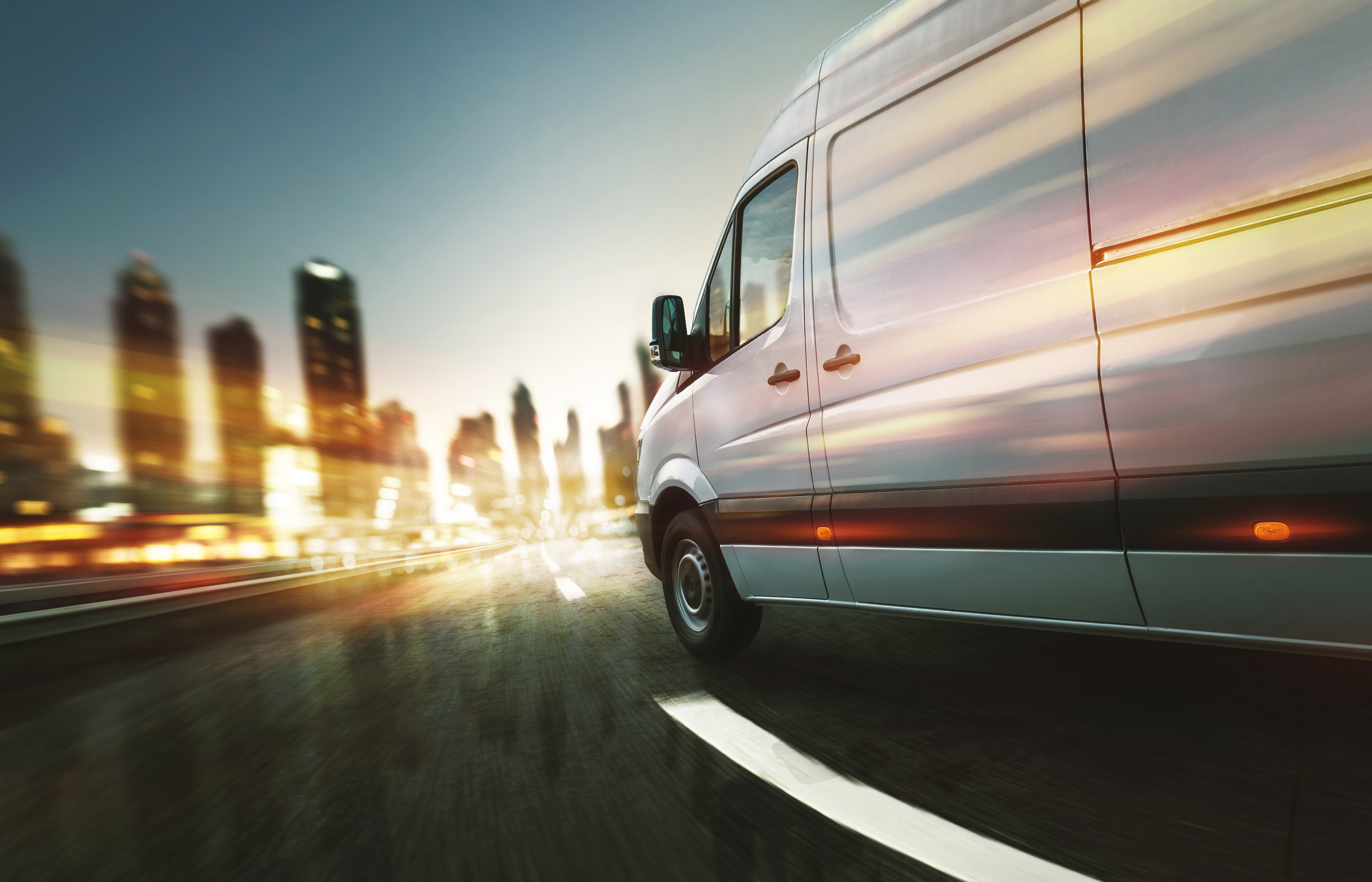

Missed parcel deliveries are a nuisance for customers, damage to retailers' reputations and a burden for delivery services. Studies show that one in five deliveries worldwide fails on the first attempt. This costs resources, puts a strain on the environment and leads to more traffic. It gets even worse when additional delivery attempts or parcel collections are made by customers. Green Convenience GmbH from Frankfurt has developed a solution to this problem: Its AI-supported “Automated Delivery Individualization” (ADI) technology predicts when recipients will be at home - and makes fixed delivery dates superfluous. The result: more efficient, more sustainable and more customer-friendly parcel delivery. With their innovation, founders Benjamin Dauth and Deniz Dagtekin want to change the entire delivery industry.
HIGHEST: Everyone knows the problem: you're waiting for a parcel, but the delivery person arrives exactly when no one is at home. How does “Green Convenience” solve this problem?
Benjamin: We have developed software that uses artificial intelligence (AI) to predict the presence of recipients at their delivery addresses. By analyzing anonymized location-based information, the software automatically determines optimal delivery time windows when the likelihood of someone being at home is highest. These predictions are constantly updated to ensure that parcels are successfully delivered on the first delivery attempt. This avoids repeated delivery attempts, reduces delivery costs and increases customer satisfaction.
HIGHEST: Why is the “last mile” of parcel delivery so challenging?
Benjamin: One of the main problems is that many parcels cannot be delivered on the first attempt. This causes additional costs, more traffic and a higher environmental impact. In addition, customers expect more and more: flexible delivery times, real-time shipment tracking and easy return options. These requirements make logistics more complicated, especially in cities, where traffic jams and a lack of parking spaces make delivery more difficult. In addition, it is becoming increasingly difficult to find enough drivers, while competition in the industry is constantly increasing.
HIGHEST: The “last mile” problem is an old one. Aren't there already other solutions to these problems?
Deniz: Of course there are approaches such as parcel pick-up stations. But these solutions often fall short. People order online because they want the convenience of home delivery. Pick-up stations don't fit into this concept and, if you include the pick-up journey, are often no more sustainable than a first successful delivery attempt. Our software goes one step further by predicting exactly when someone will be at home - individually for each household. The solution also supports pick-up stations. In most cases, the ideal pick-up station for the recipient is not the one closest to their address, but the one that best suits their life. Our AI automatically suggests this pick-up station and shortens the distance the recipient has to travel to collect the parcel. This is much more convenient and protects the environment.
HIGHEST: What do customers have to do to benefit from this technology?
Deniz: We offer an additional function for apps that appears as a pop-up in the apps of online retailers and delivery services. As an online customer, you click once on the “Green Convenience” button or alternatively “Activate automated delivery”. By doing so, you agree to personalized delivery of your orders. However, this does not mean that you disclose your personal data. Our additional function uses the data on your cell phone to create the optimum delivery time window without the data leaving your cell phone and without us or anyone else being able to see the data. It is a black box. The solution then suggests the results, i.e. the optimum delivery time windows, to the delivery service for the duration of the delivery. Our software is demonstrably data protection-compliant and certified. We have applied to the European Patent Office for patent protection which, once granted, will be valid for around 200 countries worldwide.
Benjamin: Online retailers or delivery service providers can easily integrate the “Green Convenience” software into their delivery system via the application programming interface (API). “Green Convenience” then uses AI-supported analysis to automatically suggest the optimal delivery time window at the delivery address. Deliveries are simply made when the AI suggests it and the delivery works. All the complexity of repeated delivery attempts, warehousing and the associated interaction with the recipient can be avoided.
HIGHEST: You founded your start-up in 2020. What steps did you take to develop this delivery logistics solution?
Deniz: We were in the start-up support program of HOLM, the House of Logistics and Mobility GmbH. As part of this program, we got to know Prof. Dr. Heinz Köppl from TU Darmstadt. A student from his “Self Organizing Systems Lab” wrote his master's thesis with us and added the AI aspect to our software. Heinz found our idea exciting and suggested that we turn the further development of our project into a research project. Together with TU Darmstadt, HTW Berlin, various logistics companies and other partners, we then successfully tested the solution.
HIGHEST: What milestones have you achieved since you founded the company?
Benjamin: In addition to numerous awards, the most important milestone was certainly the fact that we were able to raise around one million euros in funding and the same amount in investor money from BMH Beteiligungs-Managementgesellschaft Hessen and several business angels. This enabled us to develop “Green Convenience” to market maturity and expand marketing and sales.
HIGHEST: Where do you see “Green Convenience” in the next five years?
Benjamin: Every year, logistics service providers and delivery companies transport around 25 billion parcels around the world. We have huge market potential. Our business model is fast, cost-effective and globally scalable. Our aim is for the first delivery attempt to always succeed automatically in future. Repeated delivery attempts and parcel pick-ups by consumers will soon be a thing of the past. This will reduce traffic, emissions and costs while improving the customer experience. Consumers will expect and expect this service. With “Green Convenience”, we can therefore make a very effective contribution to the sustainable transformation of the economy.
The interview was conducted by Heike Jüngst.

